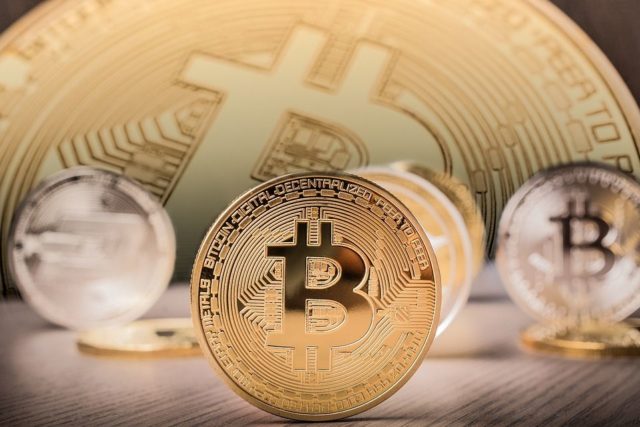- The EUR/GBP attracts some sellers around 0.8715 in the first bars of the European session on Monday, lowering 0.10% in the day.
- Markets expect the BOE to cut interest rates at 25 basic points up to 4.0% at the August meeting.
The preliminary data of the HICP of the Eurozone for July have reduced the hopes of more rates cuts by the ECB.
The EUR/GBP cross loses impulse about 0.8715, breaking the two -day loss streak during the first hours of European negotiation on Monday. Investors will be attentive to the decision on the interest rates of the Bank of England (BOE) on Thursday.
The operators continue to trust that the BOE will cut the interest rates at their August meeting on Thursday, after a weakest economic data series of the United Kingdom and indicating a pause, since the price pressures are maintained well above the objective of 2%. The markets have discounted two additional reductions, carrying the interest rates to 3.5% for next year. The most moderate comments of the BOE officials could favor a depreciation of the sterling pound (GBP) in front of the shared currency in the short term.
As for the euro, the US president, Donald Trump, announced a 15% tariff roof on most EU exports, including cars, semiconductors, consumer goods and pharmaceutical products, avoiding previously threatened rates of up to 30% or more. This step is largely seen as a measure of de -escalated after months of discussion and tension. The optimism around the commercial agreements between the US and the EU could support the EUR, while any sign of renewed commercial tensions could support the GBP.
Constant growth in preliminary data of the harmonized consumer prices index (HICP) of the Eurozone for July has reduced the hopes of more fees of fees by the European Central Bank (ECB). This, in turn, could help limit EUR losses. The data showed on Friday that both the general and the underlying HICP constantly increased 2.0% and 2.2% year -on -year, respectively, slightly faster than their estimates.
BOE – Frequently Questions
The Bank of England (BOE) decides the monetary policy of the United Kingdom. Its main objective is to achieve prices stability, that is, a constant inflation rate of 2%. Your instrument to achieve this is the adjustment of basic loan rates. The BOE sets the type to which it provides commercial banks and to which banks lend themselves to each other, determining the level of interest rates in the economy in general. This also influences the value of sterling pound (GBP).
When inflation exceeds the objective of the Bank of England, it responds by raising interest rates, which makes access to credit for citizens and companies more expensive. This is positive for sterling pound, since higher interest rates make the United Kingdom a more attractive place for world investors to invest their money. When inflation falls below the objective, it is a sign that economic growth is slowing down, and the Bank of England will consider the possibility of lowering interest rates to reduce credit in the hope that companies ask to borrow to invest in projects that generate growth, which is negative for sterling pound.
In extreme situations, the Bank of England can apply a policy called Quantitative Easing (QE). The QE is the process by which the BOE substantially increases the flow of credit in a stuck financial system. The QE is a policy of last resort when the descent of interest rates does not achieve the necessary result. The QE process implies that the Bank of England prints money to buy assets, normally state bonds or corporate bonds with AAA rating, banks and other financial institutions. Which usually translates into a weakening of the pound sterling.
The quantitative hardening (QT) is the reverse of the QE, and is applied when the economy is strengthening and inflation begins to rise. While in the QE the Bank of England (BOE) buys state and business bonds from financial institutions to encourage them to grant loans, in the QT the BOE stops buying more bonds and stops reinvesting the main one that expires of the bonds it already has. It is usually positive for sterling pound.
Source: Fx Street
I am Joshua Winder, a senior-level journalist and editor at World Stock Market. I specialize in covering news related to the stock market and economic trends. With more than 8 years of experience in this field, I have become an expert in financial reporting.







